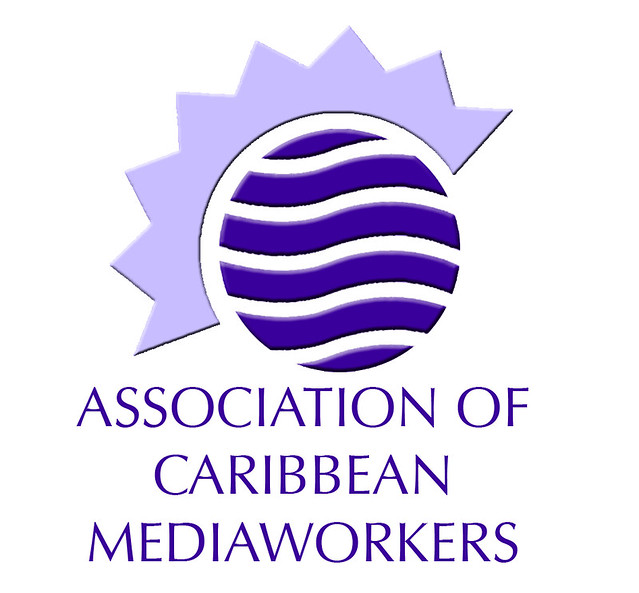
Journalists representing a variety of Caribbean media from 10 countries attended a special program offered by the Association of Caribbean MediaWorkers (ACM) in conjunction with the Knight Center for Journalism in the Americas.
The month-long program in September focused on several topics, including the use of digital media, reporting on Information Communication Technologies, ethics for journalists in the digital era, social networks and news, writing for the web, digital storytelling, multimedia, and media delivery in the 21st century.
“The program for me was an excellent learning experience,” said Iva Wharton, a television journalist from Guyana. “Now I believe I can better assist in the news room as it relates to getting our news stories to a wider audience.”
In Trinidad, 12 journalists from the mainstream print and broadcast media participated in the program. They were joined, for the online component delivered by the Knight Center, by 14 journalists from Tobago and colleagues from Jamaica, Barbados, Dominica, Saint Maarten, St. Vincent and the Grenadines, Antigua and Barbuda, and Guyana.
“The course was very timely, considering that the target market is in transition and there is a renewed call for a higher standard of journalism,” said multimedia journalist, Naylan Dwarika, from Trinidad and Tobago. “The use of technology in instruction was very appropriate. Journalists were also made aware of the fundamentals of the profession in a way that would make the quality of their work better.”
Wesley Gibbings, president of the ACM, was pleased with the results of the course.
“I believe that this program delivered to participants comprehensive exposure to both the basic tenets of sound journalism and the more specific requirements of the changing media landscape.
“We were able to bring respected, independent practitioners with many years experience in contact with a cadre of young professionals during the face-to-face sessions. For the online component, a wider group of Caribbean journalists were able to interact with instructors made available by the Knight Center.”
The special online program was developed to help journalists understand the changing domestic and international mass media landscape, technological developments, new professional demands and emerging developmental issues. It combined foundational aspects of journalism training with intermediate-level instruction on the technical aspects of print and online publishing and broadcast production.
Independent radio producer Garfield King was impressed with the combination of online and face-to-face instructional methods.
“The mix of face-to face sessions and online instruction proved effective. The many decades of experience, shared by the veteran media practitioners, built a relevant historical framework and explored local dimensions and contexts,” he said.
“The online component by the Knight Center provided a view to the global media landscape, as well as insights into the challenges facing journalists and journalism in the digital age. The online journalism course could also encourage participants to broaden their view of journalism as a long-term career by being alert to the entrepreneurial possibilities.”
Gibbings, the ACM president, was excited about the impact the course will have on journalists.
“This was a unique experience for young, Caribbean journalists and I am happy that the ACM was able to mobilize such broad support from the local corporate and media community to make it possible.”
The program received the valuable support of the Trinidad and Tobago Publishers and Broadcasters Association (TTPBA), the Media Association of Trinidad and Tobago (MATT) and the Telecommunications Services of Trinidad and Tobago (TSTT).

Knight Center for Journalism in the Americas
300 West Dean Keeton
Room 3.212
Austin, TX, 78712
Phone: 512-471-1391
Email: journalismcourses@austin.utexas.edu